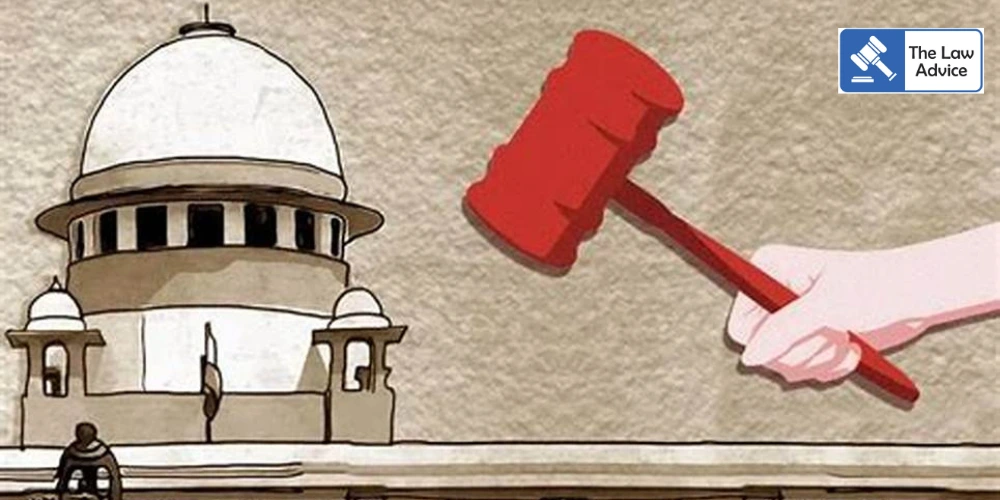
August 20 2025,
The Supreme Court ruled that government communications such as press releases or administrative clarifications cannot be treated as a “Change in Law” under the framework of Power Purchase Agreements (PPAs).
A Division Bench comprising Chief Justice of India BR Gavai and Justice Augustine George Masih dismissed the appeals filed by Nabha Power Limited (NPL) and Talwandi Sabo Power Limited (TSPL), both of whom had sought compensation from the Punjab State Power Corporation Limited (PSPCL). The companies had argued that certain government pronouncements—particularly a press release relating to “Mega Power Project” benefits and subsequent decisions of the Directorate General of Foreign Trade (DGFT)—altered the fiscal environment in which the agreements were executed and thus amounted to a “Change in Law.”
The dispute traces back to the development of large-scale thermal power projects in Punjab, for which the appellants, as Special Purpose Vehicles, had entered into PPAs with PSPCL after a process of competitive tariff-based bidding. Following execution of the agreements, the appellants contended that the government’s press release of October 1, 2009 regarding mega power policy benefits, along with subsequent clarifications, shifted the policy framework. On that basis, they claimed entitlement to additional compensation.
However, both the Appellate Tribunal for Electricity (APTEL) and now the Supreme Court rejected this contention. APTEL had earlier ruled that mere press releases, public notices, or clarifications without statutory or legislative force cannot qualify as “Change in Law.” Such measures, the tribunal held, are administrative in nature and designed only to provide guidance, not to alter legal rights or obligations.
Affirming this view, the Supreme Court held that only formal legal instruments such as statutes, rules, or notifications published in the Official Gazette can trigger a “Change in Law” under the contractual framework of PPAs. A press release, being an administrative announcement, does not carry the force of law.
The judgment authored by Justice Masih underscored this principle by referring to the Court’s earlier ruling in Nabha Power Limited v. Punjab State Power Corporation Limited (2018), where it was held that only properly issued notifications—such as those under customs law—would constitute “Change in Law,” not informal communications or advisories.
The Court further clarified that the actual “Change in Law” in this case occurred only on December 11 and 14, 2009, when customs notifications were formally issued granting the relevant benefits. Since these notifications were issued after the date of submission of bids by the appellants, the developers could not legitimately claim that their expectations were based on the earlier October 1, 2009 press release.
Quoting directly from the decision, the Court observed:
“The Press Release dated 01.10.2009 would neither amount to ‘law’ within the meaning conceptualized in the PPA, as it would only be the Notifications dated 11.12.2009 and 14.12.2009 that would have amounted to ‘law’, nor would it thereby amount to ‘Change in Law’ as argued by Appellants in the instant Civil Appeals.”
Consequently, the Supreme Court answered the issue of “Change in Law” against the appellants, ruling that their claims for compensation were unsustainable. The appeals of NPL and TSPL were therefore dismissed.
Cause Title: Nabha Power Limited versus Punjab State Power Corporation Limited & Others (with connected matters)
Website designed, developed and maintained by webexy